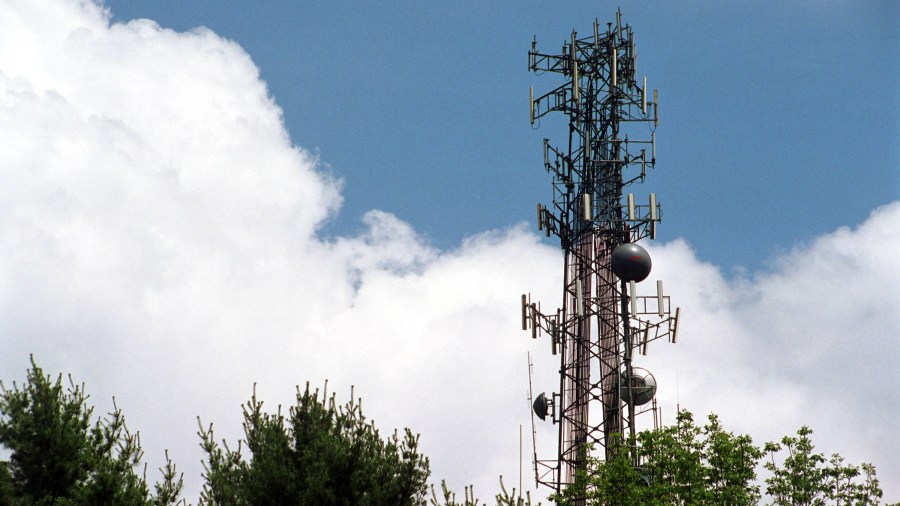If we’re gonna spend billions improving broadband, we kinda need to know what’s there

High speed internet, safe to say, has become pretty essential to our lives, especially during the pandemic. And yet many Americans struggle to get it.
The government has mapped internet access for years, but those maps have overestimated that access. So Congress tasked the Federal Communications Commission with making better ones. The first results came out this month: a map showing mobile coverage from four of the biggest wireless carriers.
But better maps for wired broadband are still in the works. Meanwhile, Congress is poised to pass the infrastructure bill, which could allocate $65 billion to improving broadband in the places that need it most.
Nicol Turner Lee researches technology access at the Brookings Institution. She says this new mobile data is valuable, since about 15% of Americans — especially young and low-income ones — need it to get online. The following is an edited transcript of our conversation.
Nicol Turner Lee: You’d be surprised by the number of people that were actually on their smartphones calling into Zoom calls. We need to do a job where we actually tap into the full plethora of assets that are available on how people get connectivity. Without that, we may again place our bets on one technology over the other. And we need to continue to really thrive for a technology-neutral environment, so that we’re able to assess what works best for particular communities and for particular consumers.

Meghan McCarty Carino: And when it comes to the infrastructure plan, we could end up with $65 billion to spend on broadband. But do you think that these sort of better wired maps will be finished in time to know the best places for that money to be spent?
Turner Lee: The fact that we’ll have this money to spend and we could spend it in targeted places where people need it the most — places where poverty abounds, and people have to choose between broadband and bread — I hope that we can do this in a way that at least sheds light on some of our broadband deserts at least. And we’re not necessarily starting with places that we know we’ve already placed our bets on. It’s now time to take stock and make sure we’re moving forward again to build upon coverage, competition and capacity.
McCarty Carino: This is a pretty unprecedented amount of investment that we’re looking at. Do you think it’s worth waiting for the maps to get more information before we deploy it?
Turner Lee: I don’t think we need to wait. Being on the internet matters in this society, and when you’re not connected, you’re being foreclosed on on a variety of economic, social implications. We need to get this right. This has been more than two decades that the digital divide has been around. It’s only been 14 months, 16 months that people have actually heard about it. It’s time to actually move forward. We may have to come back and make some corrections or perhaps not spend out all the money so rapidly so we can ensure that we’re making calibrated decisions that do not result in overbuilding, or do not bypass huge swaths of people who are sitting there digitally silenced simply because we didn’t know that they weren’t connected.
Related Links: More insight from Meghan McCarty Carino
In May, Molly Wood spoke to Jessica Rosenworcel, acting chairwoman of the Federal Communications Commission, about the efforts to update and improve coverage maps. One thing the FCC is working on is adding metrics about internet speeds to these maps partially using crowd-sourced data from its speed-testing app. If you want, provide your data and see how it compares.
We want to hear from you for a story we’re talking about tomorrow about Microsoft’s Internet Explorer. It seems to be dying a slow death, but do you still use it? Do you remember when you first got it? Do you love it? Do you hate it? Do you wish browsers would go away entirely?
Let us know what you think!
Email us at mptech@marketplace.org. Call or text us at (802) 877-TECH.
The future of this podcast starts with you.
Every day, the “Marketplace Tech” team demystifies the digital economy with stories that explore more than just Big Tech. We’re committed to covering topics that matter to you and the world around us, diving deep into how technology intersects with climate change, inequity, and disinformation.
As part of a nonprofit newsroom, we’re counting on listeners like you to keep this public service paywall-free and available to all.
Support “Marketplace Tech” in any amount today and become a partner in our mission.
















